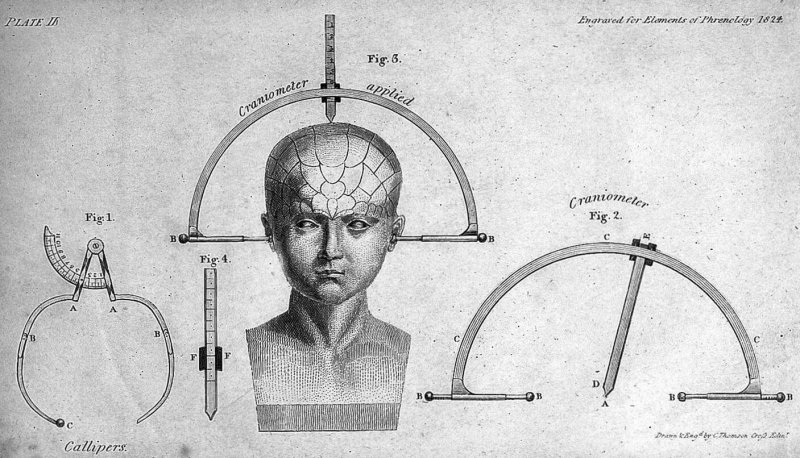…
Unlike tearing down monuments to white supremacy in the American South, purging statistics of the ghosts of its eugenicist past is not a straightforward proposition. In this version, it’s as if Stonewall Jackson developed quantum physics. What we now understand as statistics comes largely from the work of Galton, Pearson, and Fisher, whose names appear in bread-and-butter terms like “Pearson correlation coefficient” and “Fisher information.”
Ideally, statisticians would like to divorce these tools from the lives and times of the people who created them. It would be convenient if statistics existed outside of history, but that’s not the case… Statistical thinking and eugenicist thinking are, in fact, deeply intertwined, and many of the theoretical problems with methods like significance testing—first developed to identify racial differences—are remnants of their original purpose, to support eugenics.































